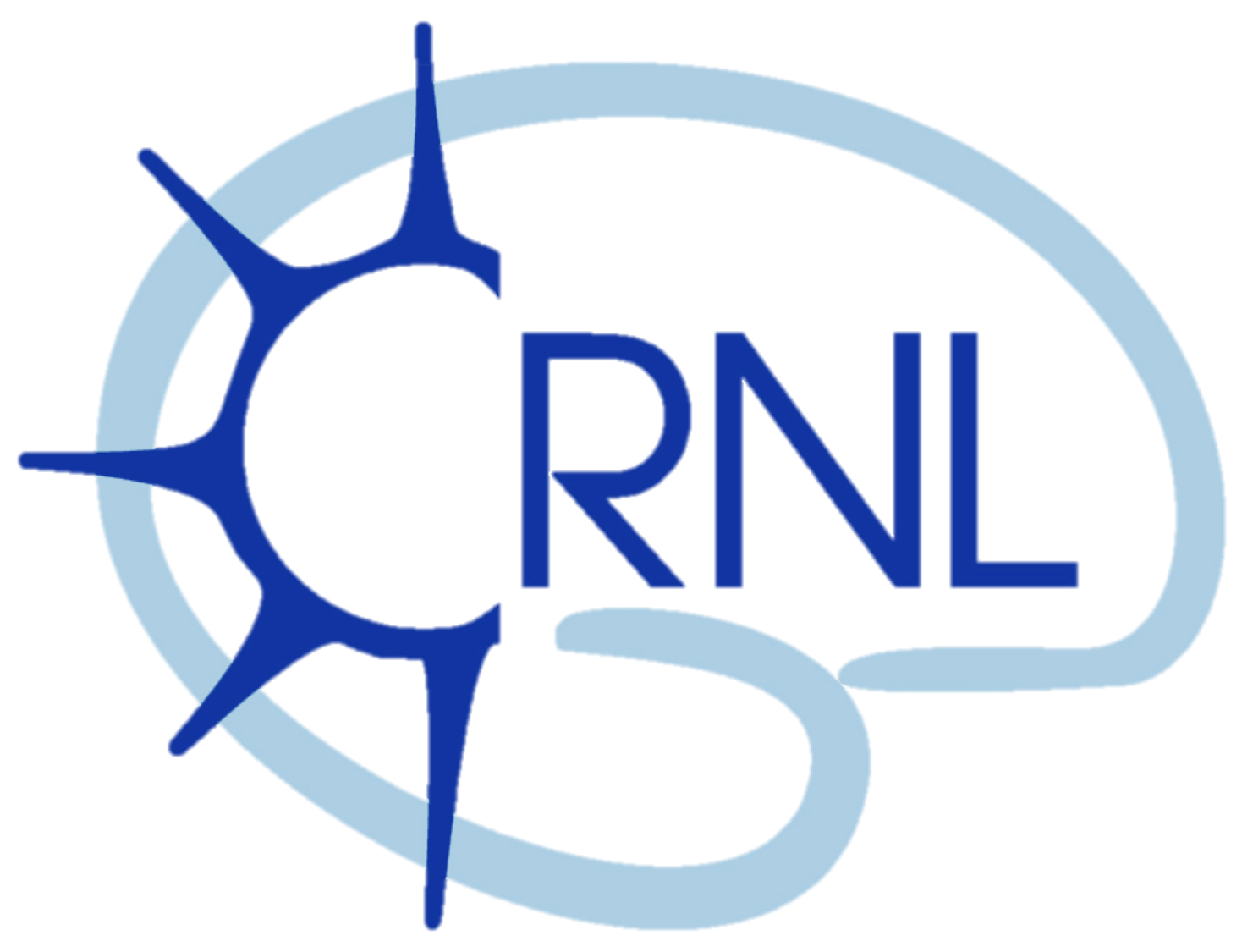Impaired tongue motor control after temporomandibular disorder: A proof‐of‐concept case‐control study of tongue print
Résumé
Background: Temporomandibular disorder (TMD) perturbs the tongue motor control and consequently impairs oral function, but strength training reduces this impairment. However, tongue motor control is widely reduced to a matter of strength. Objectives: To investigate the accuracy of the tongue placement as a measure of tongue motor control in patients with TMD compared with age-and sex-matched healthy participants. Material and Methods: This proof-of-concept case-control study was prospective, observational, and part of the TMIQ study (NCT04102306). After pointing against a wood stick while maintaining the tongue as sharp as possible, the examinator drew the contour of the tongue print on the wood stick, which was then scanned for image analyses to compute the area for each participant using ImageJ. Results: A total of 94 participants were included, all patients with TMD (n = 47) diagnosed with myalgia, 61% with intra-articular joint disorder accordingly to the DC/TMD. The median (IQR) tongue print area was 117 (111) mm 2 for the TMD group and 93.5 (76.2) mm 2 for the control group (V = 352, p = .04) and the median [95% confidence interval] difference was 25.4 [1.3; 51.0] mm². Overlapping of the 95% confidence intervals of the area evidenced no significant difference between the categories of the DC/TMD. The corrected each area-total correlation (r = .24) suggests a reasonably homogenous thus valid measure. Conclusion: The results suggest that TMD impairs the motor control of the tongue. Therefore, the sharpest tongue pointing test may constitute a simple and accessible clinical tool to assess the accuracy of tongue placement in TMD patients. The study was registered on ClinicalTrial.gov with identification number NCT04102306.
Fichier principal
 Alvarado et al. - 2022 - Impaired tongue motor control after temporomandibu.pdf (1.39 Mo)
Télécharger le fichier
Alvarado et al. - 2022 - Impaired tongue motor control after temporomandibu.pdf (1.39 Mo)
Télécharger le fichier
Origine : Fichiers éditeurs autorisés sur une archive ouverte

